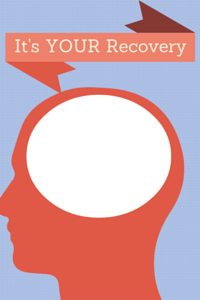When I was a chemical dependency counselor for an outpatient program I would often ask my clients why this time was different. You see, most of my clients were there for the second, third, fourth, etc. time. While having these really difficult conversations I truly believed, for the most part, that my clients were genuinely committed to making it work. They were eager, ambitious, and motivated. To start with. The sad reality was that the door just kept revolving. Some clients dropped out, some went to jail, and others relapsed. For those who did complete the program, we would send them off with their resources and tools that they needed to keep their sobriety going. A few months later, some of those clients came back.
Only about 30% of those who attend a drug rehab facility will be able to maintain sobriety by using complete abstinence. Although there are many variables to consider including environmental, emotional, and psychological circumstances, it is important to know that the majority of people who have every intention of leading a sober life fail to do so even with the most expensive treatment options. You can read more about what goes in to the statistical outcomes here: http://www.naadac.org/assets/1959/whitewl2012_recoveryremission_from_substance_abuse_disorders.pdf
So what it is about the low success rate for in-patient and outpatient drug rehabilitation programs?
What are we asking people to do? We are asking people to quit their jobs, fork over a ton of cash, leave their families for 90 days, and then expect them to return back to their normal life, fully prepared to deal with the circumstances that they once left.
So, how can someone actually be successful when it comes to recovery and maintaining sobriety? They can create their own plan. Their own plan must consider every single barrier that may or may not happen and having a well thought out balanced plan is the key to success.

